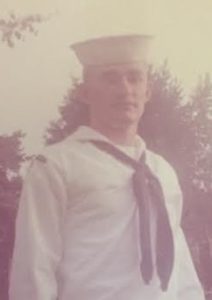I had talked to the woman several times, and thanked her, but I had never met her.
I won’t say who she worked for, but I will say she was secretly photocopying their records and giving them to me. All in the public interest and, yes, in my interest too.
Sometimes she would mail the records to me, sometimes she would leave them at the front desk, in the lobby of The News & Observer where I worked as an investigative reporter. This time, however, she wanted to meet.
She didn’t tell me her name — she never told me her name — but she told me what she looked like, and that she would be wearing a yellow dress. She asked me to meet her at a restaurant, sit at the table next to her, but not to acknowledge her.
I saw her as soon as I walked in. She was sitting at table for two, on a bench with her back to the wall. There was an unoccupied table for two beside her and I sat down there, not three feet away. There was a brown manila envelope on the bench between us, at her side, the records she had promised. I picked up the envelope and moved it to my other side.
A moment later she spoke to me. Only she wasn’t looking at me, she was looking straight ahead.
She told me she was afraid. If anyone found out what she had done, what she was doing, she said, they might hurt her, or worse.
I didn’t know what to say.
She asked me if I ever worried about something like that, that I would be harmed. I kept looking straight ahead, at the empty seat across from me.
“Yea, I guess so,” I said. “Sometimes. Not very often. But I took care of that problem. I have a ton of life insurance.”
She seemed to relax.
“I have insurance too,” she said. “I have a gun in my purse.”
Coming Monday: Liar!
